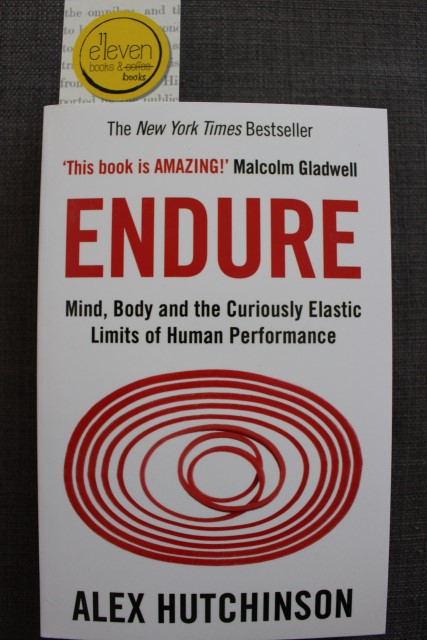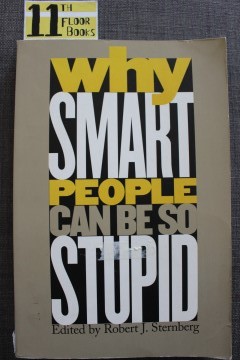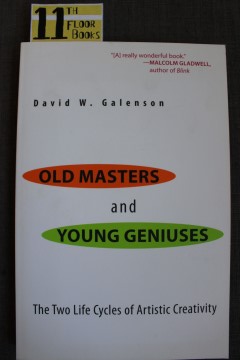From running a two-hour marathon to summiting Mount Everest, we’re fascinated by the extremes of human endurance, constantly testing both our physical and psychological limits.
How high or far or fast can humans go? And what about individual potential: what defines a person’s limits?
For years, physiology determined the answer: heart size, lung capacity, and muscle strength. But over the past decade, a wave of dramatic findings in the cutting-edge science of endurance has completely overturned our understanding of human limitation. Endure widely disseminates these findings for the first time: It’s the brain that dictates how far we can go—which means we can always push ourselves further.
Hutchinson presents an overview of science’s search for understanding human fatigue, from crude experiments with electricity and frogs’ legs to sophisticated brain imaging technology. Going beyond the traditional mechanical view of human limits (like a car with a brick on its gas pedal, we go until the tank runs out of gas), he instead argues that a key element in endurance is how the brain responds to distress signals—whether heat, or cold, or muscles screaming with lactic acid—and reveals that we can train to improve brain response.
An elite distance runner himself, Hutchinson takes us to the forefront of the new sports psychology—brain electrode jolts, computer-based training, subliminal messaging—and presents startling new discoveries enhancing the performance of athletes today and shows how anyone can utilize these tactics to bolster their own performance—and get the most out of their bodies.






Recenzie
Nikto zatiaľ nepridal hodnotenie.